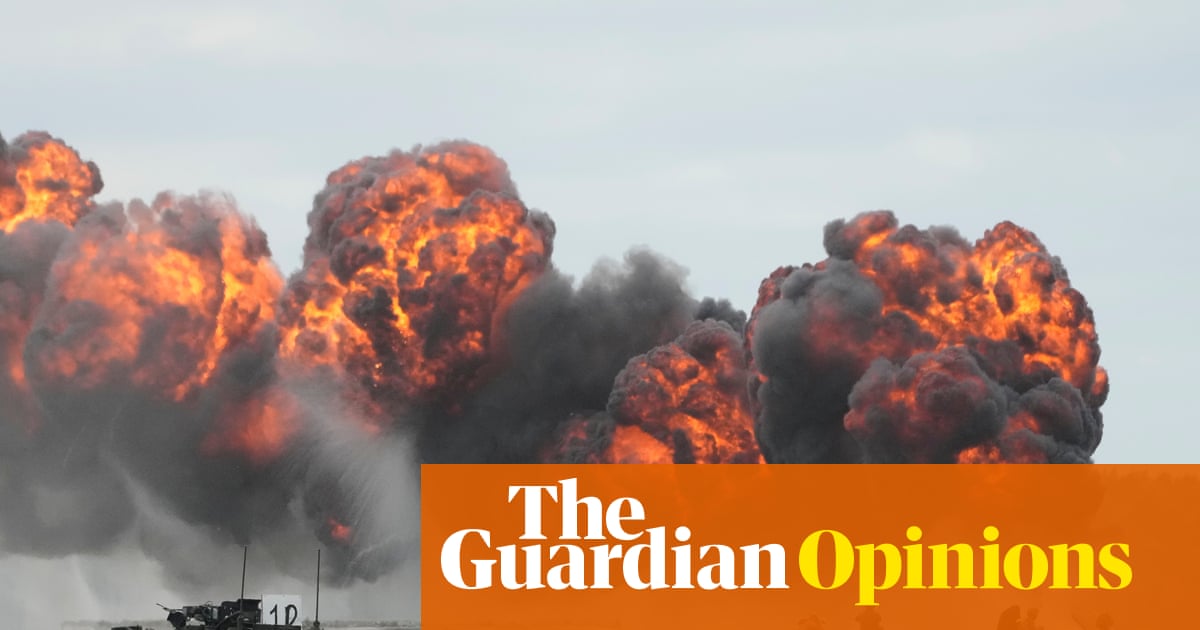
"Europe, the president of the European Commission declared, is engaged in a fight for a continent that is whole and at peace. Her analysis of the problem was pretty accurate. What is increasingly clear, however, is that the European Union is not the whole solution. The EU is good at many things. Being an effective defence organisation is not one of them."
"Limiting access by states to the materials used for waging war was one way of ensuring peace. Tying them into institutional structures that constrained their autonomy was another. Postwar Germany was bound into a network of institutional constraints that effectively prevented a renewed attempt at continental domination. Power was diffused in a deliberate attempt to prevent hegemony. The EU's complex institutional system is, in other words, a deliberate feature, not a bug. The larger member states cannot impose their will on the others."
European integration used economic and institutional means to prevent war by binding former enemies and incorporating new members, calming tensions across the continent. Limiting access to war materials and embedding states in constraining institutional networks made aggression materially difficult. Postwar Germany was integrated into structures that prevented renewed domination and diffused power to avoid hegemony. The EU's complex institutions deliberately give smaller states disproportionate representation and rely on consensus rules. The EU lacks a monopoly on legitimate force and cannot compel compliance like a nation state. Therefore the EU alone cannot function as an effective defence organisation for Europe.
Read at www.theguardian.com
Unable to calculate read time
Collection
[
|
...
]